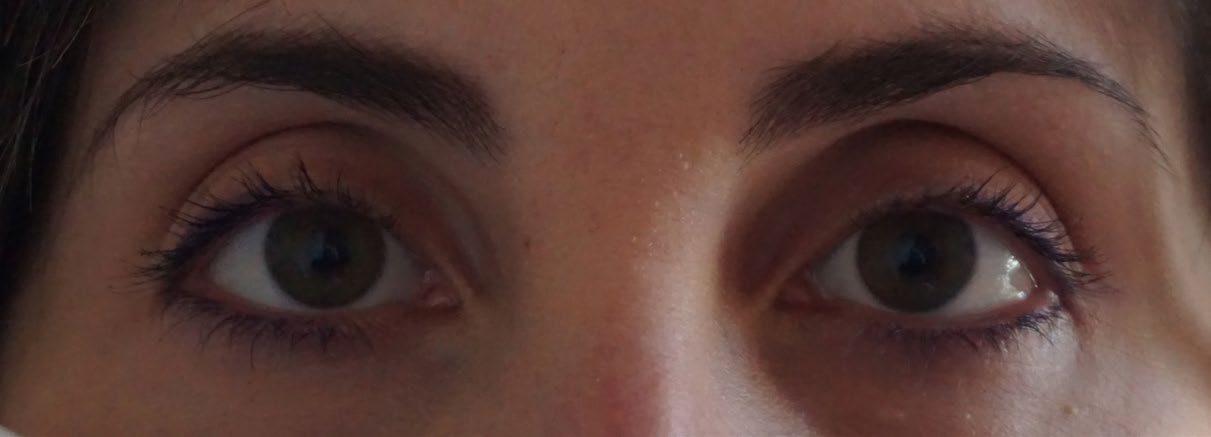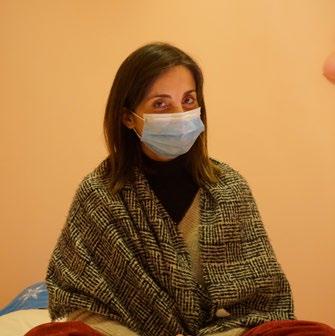
2 minute read
TORN BETWEEN DUTY AND FEAR

AN ITALIAN DOCTOR FIGHTS
CORONAVIRUS



Cecilia Bartalena, a doctor treating coronavirus victims, lives in terror - torn between the oath she has taken to heal the sick and the fear that she might infect the people she loves.
The 35-year-old works long shifts on the front line at the Cisanello Hospital emergency ward in the Tuscan city of Pisa, famous for the 14th-century leaning tower which was completed about 25 years after the plague ravaged Europe.
She doesn't feel like a hero - although she appreciates why Italians have put her and her colleagues on that pedestal - and she is not afraid to say that she is, well, afraid.
Each time she enters the coronavirus ward, which is sealed off from the rest of the hospital, she asks herself: "Why am I doing this?"
The quick answer is "certainly not for the money," she said in a video about their

home life made for Reuters by her husband Lorenzo Marianelli.
"I do it for the patients because they have no choice. I do it only for them and also for all my other colleagues ... We are not heroes and we are afraid too," she said.
Nearly 16,000 people have died in Italy from the coronavirus as of Sunday, a quarter of the global death total.
Bartalena says the fear travels home with her to the small apartment she shares with Lorenzo, 37, a musician, and their four-yearold daughter Petra.
"If Petra hugs me, I am terrorised that after 15 days she may get ill or if I hear (Lorenzo) coughing, I think it's my fault. So I have to try to rationalise the situation and think that I am doing it for a greater good," she said.
The fear that she might infect someone else despite precautions such as sleeping in separate rooms, using separate bathrooms and eating in separate areas of the kitchen, follows her like a dark shadow.
"I feel dirty and so I am not comfortable dealing with people. If I meet someone on the street I am afraid. If I meet a neighbour while going down the stairs, I run away," she said.
"When I come home from the hospital I take a shower but I don't feel (clean), it never seems enough to me," she said.
Bartalena said she is nostalgic for the days when being a doctor meant having an interpersonal relationship with a patient and families, having time to talk them through difficult decisions and, if needed, prepare them for the worst.
"All these things no longer exist," she said. "Now, we just make a phone call to relatives, they hear my voice telling them 'they are sick and there's nothing more that can be done' and they just don't believe it".
—Reuters

© Cecilia Bartalena via REUTERS










